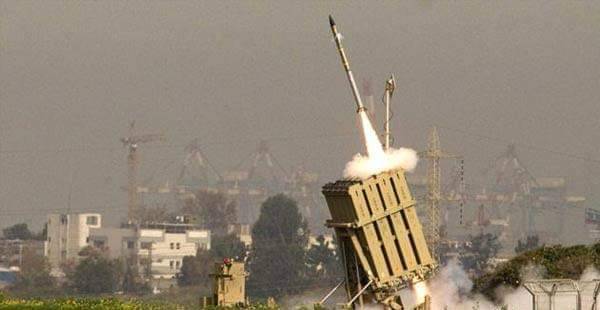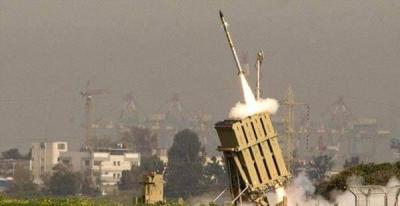In September, Israel faces the deadline to start extraction from the "Karis" field, and it is aware that this challenge is very risky if it is not preceded by an agreement on demarcation and gas sharing with Lebanon. Therefore, its officials are seriously discussing "combat days" on the land, sea, and air borders. Are they preparing for the consequences of a potential military explosion on the gas extraction platforms, as well as on the internal Israeli front?
There is a belief in some circles that Israel's sending of a floating gas platform from Malaysia to "Karis" last spring would not have occurred if its officials had not decided to begin gas extraction, after a delay of several months. This operation resulted from an agreement costing tens of millions of dollars between Israel and the Greek company "Energean", and likely, Israel would not risk this operation unless it was assured that extraction would begin on the newly set timeline, or with a "reasonable" delay, meaning a few days. Some believe that the company would not have taken this step without guarantees that its platform would be in a secure position.
When "Hezbollah" sent its drones towards "Karis", it suggested that the agreement was not yet mature, and that the Israelis were "overreaching." Consequently, the game would be open to adventures if the Israelis did not concede. In reality, the Israelis are aware that "the party" possesses a missile arsenal capable of entering this game when necessary and impacting its course significantly. Just two days ago, they acknowledged that failing to reach an agreement would lead everyone to what they termed "combat days."
This expression carries many implications. It confirms that the Israelis are taking "the party's" threats of war seriously if they attempt to start extracting gas from "Karis" without an agreement with Lebanon that grants it rights and also allows it to invest in its resources. However, the Israeli terminology also implies that the limits of a potential military confrontation would be restricted to "days," and it would not escalate into a full-scale war, as some fear.
Amid these enigmas, the picture for the coming weeks is unclear. However, it is likely that no one desires to enter into war. On the contrary, the Israeli preoccupation currently is to establish their presence as a gas supplier from the Middle East to Europe, leveraging Europeans' need to compensate for the shortfall in Russian gas supplies on the eve of winter. This ambition does not align at all with entering into war.
As for Lebanon, with all its political forces, it is more enthusiastic about gas than ever before because it seems to be the only door to rise from the depths of the abyss.
However, there remains one possibility: in the balance of gains and losses, are the Israelis considering using the intimidation factor to push Lebanon into submission, where diplomatic pressures have failed? Will they resort to "combat days" as a pressure tool, within a calculated plan to impose options on it?
Is it true what some Palestinian analysts say, that the war with the "Islamic Jihad" movement in Gaza is deliberate to preempt a potential war on the Lebanese front? In this case, the costs would be horrific wherever it may be, and no one can guarantee the consequences.




